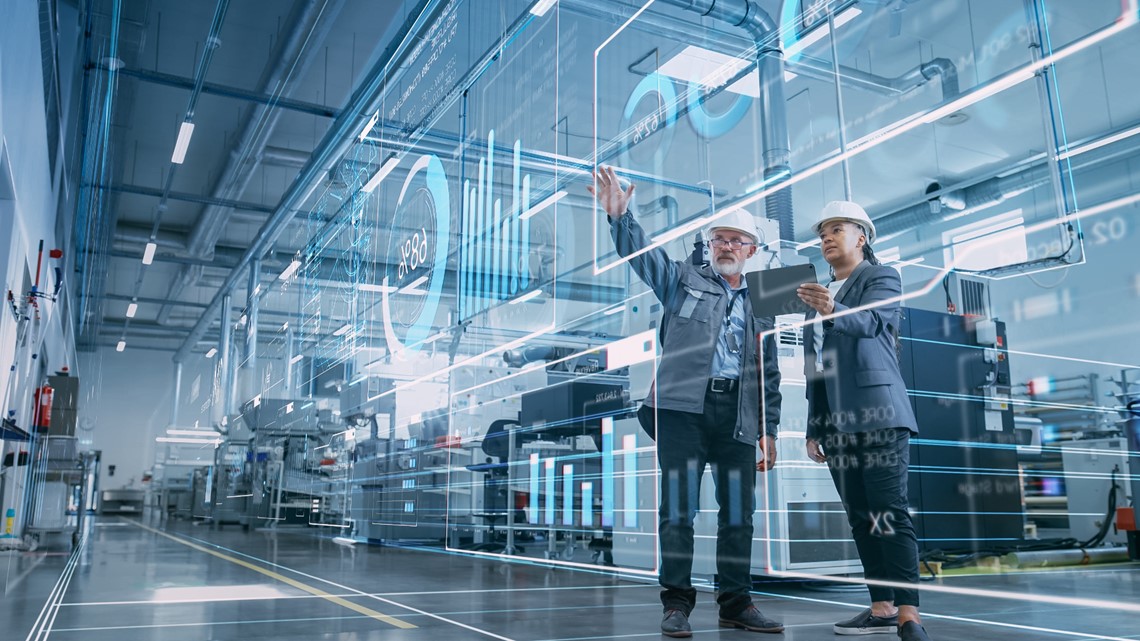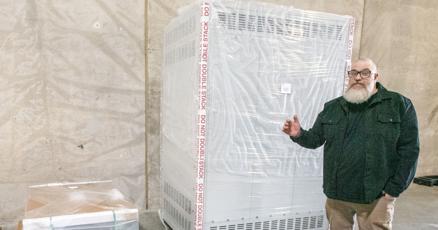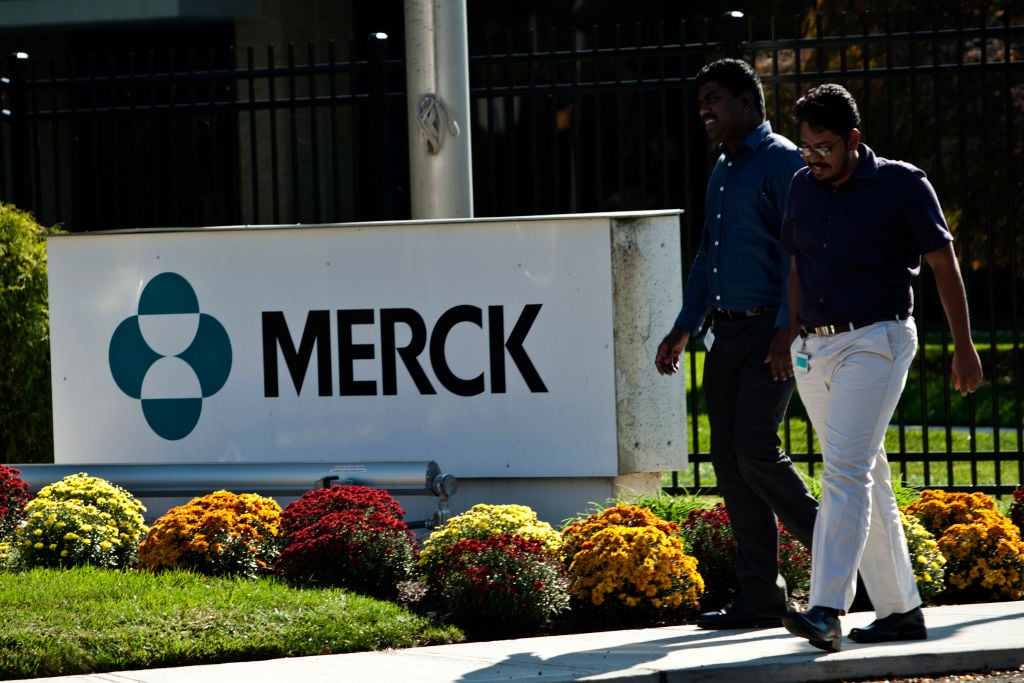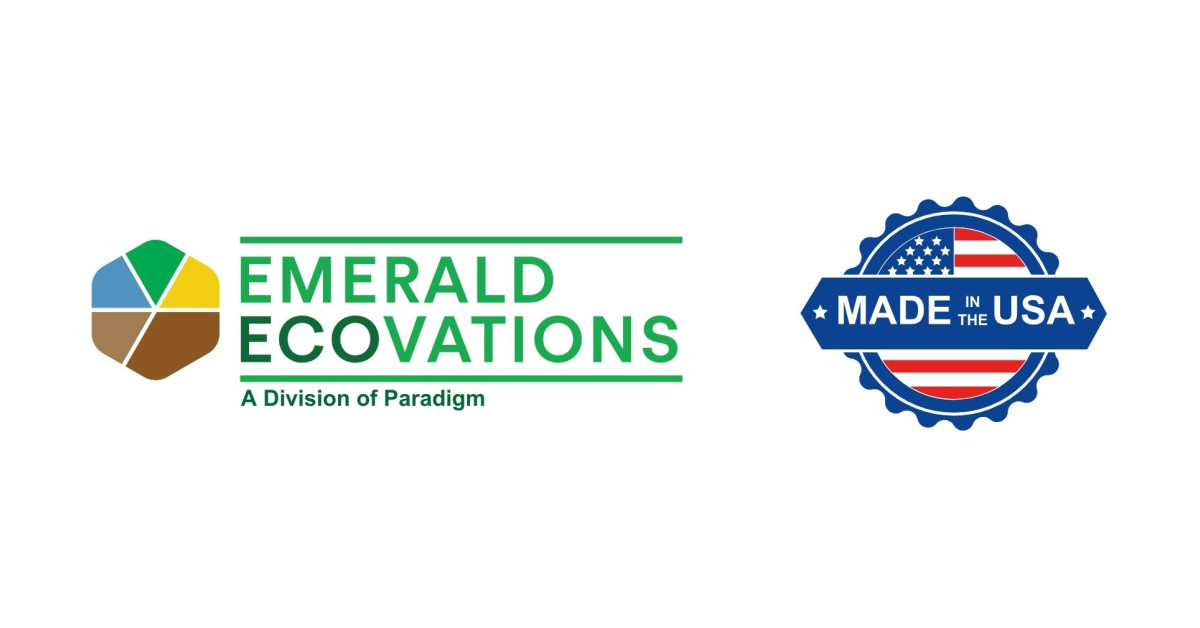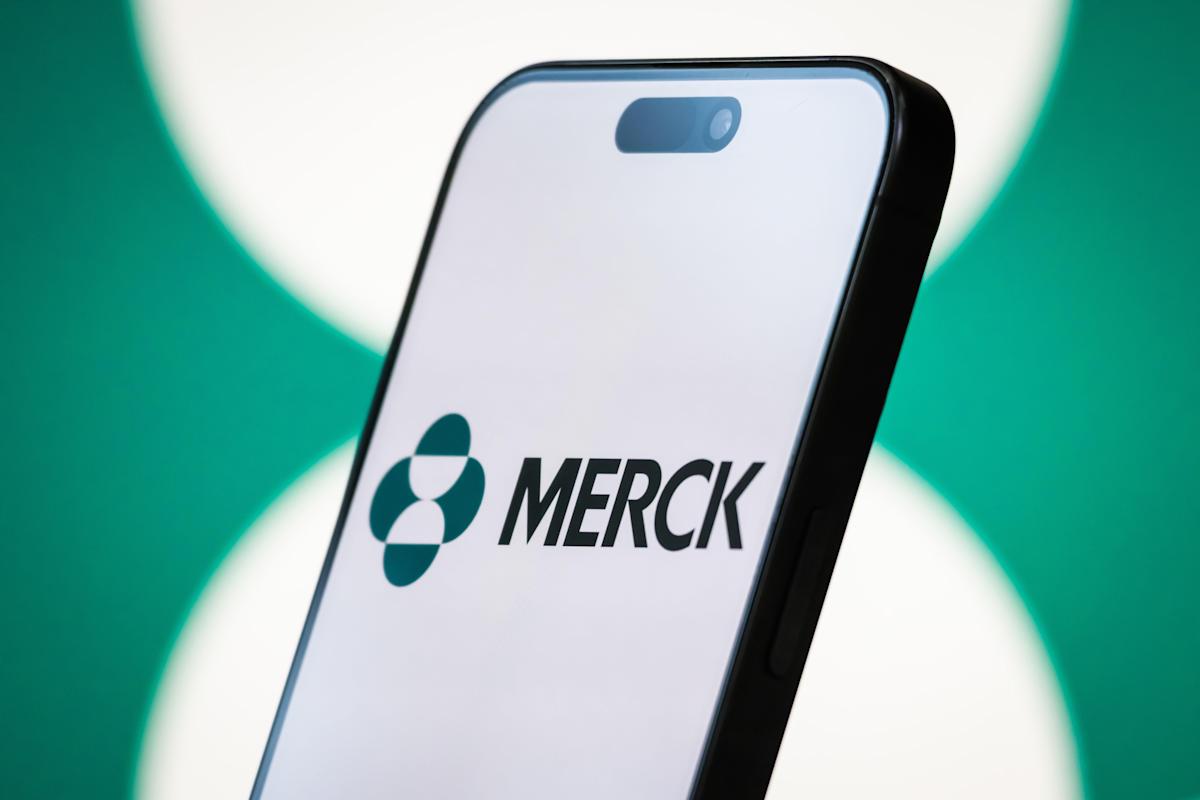
Solar Surge: Corning Doubles Down on Manufacturing to Fuel Green Energy Boom
Corning Incorporated is ramping up its cutting-edge manufacturing capabilities in Saginaw County, positioning itself at the forefront of domestic solar technology production. The company is strategically expanding its operations to capitalize on the growing demand for American-made solar components, signaling a significant commitment to renewable energy manufacturing in the United States. By accelerating production in Michigan, Corning is not only meeting market needs but also contributing to the nation's push for sustainable energy solutions and local manufacturing prowess. This expansion represents a bold step towards strengthening the domestic solar supply chain and reducing reliance on international imports. The move highlights Corning's innovative approach to advanced manufacturing and its dedication to supporting the United States' green energy infrastructure. As the solar industry continues to grow, the company's strategic investment in Saginaw County promises to create jobs, drive technological innovation, and support the country's renewable energy goals.


